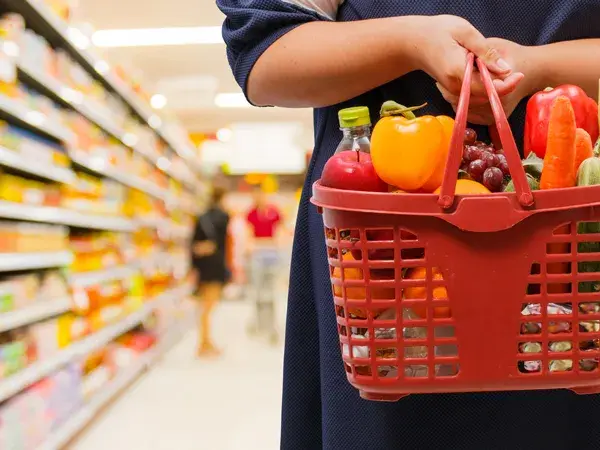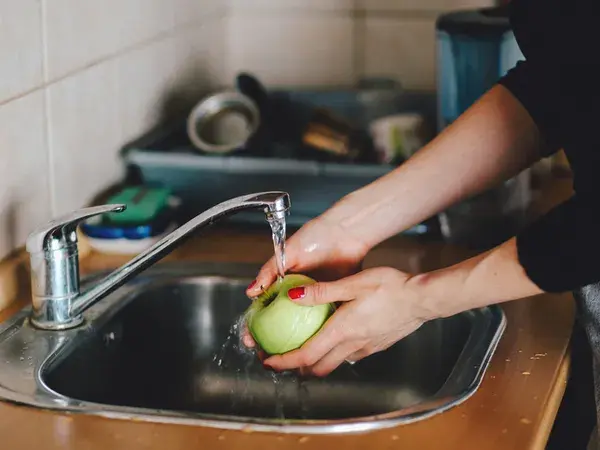I am often asked about organic versus conventional foods: “Should I only eat organic?” “Are conventional foods really bad?” “Which are the best to buy?”
These are questions without simple answers, as research about organic foods is still forthcoming.
As a dietitian who promotes a whole foods diet, I do believe it may be wise for my clients to limit their exposure to the pesticide residues commonly found in produce. In addition, new research may indicate that organic foods (produce and animal products) have a higher nutritional profile.
In this study from the British Journal of Nutrition, organic produce was found to have higher amounts of antioxidants, in addition to lower pesticide residue. This is a double win!
However, making the choice to switch to organic is a personal decision. If you are considering buying more organic produce for yourself and your family, here are some suggestions.
5 tips for choosing produce
1. Consider organic if...you plan to eat the whole fruit or vegetable (skin and all!) or if the produce has a lot of grooves where pesticides might hide out.
2. Consider conventional if...you are pulling away the peel, if the produce has a thick skin, or if it has a peel that you plan to cut off.
3. Always wash your produce thoroughly. Washing fruits and vegetables has been shown to remove about 99% of pesticide residue. I recommend even washing produce with thick skin like watermelon, cantaloupe, avocados, etc. Remember, when you cut into it, you expose the inside to whatever was on the outside. So, always wash produce before cutting, slicing, and eating!
Side note: Plain water is enough to rinse off fruits and vegetables (although I know several people who use a diluted vinegar solution). You may want to invest in a small scrub brush for root vegetables or hard-to-clean produce.
4. Don't let the label hold you back. Regardless if they’re organic or conventional, fruits and vegetables provide numerous benefits. Don't neglect eating them as part of your healthy diet. Choose wisely, give them a thorough washing, and enjoy!
5. Use the Dirty Dozen and Clean Fifteen lists. Each year, the Environmental Working Group conducts a thorough assessment and puts together these lists. The Dirty Dozen are the top 12 dirtiest (highest level of pesticide residue) produce items. The Clean Fifteen are the top 15 cleanest (lowest level of pesticide residue) produce. Consider using them to help guide your choices.
Hungry for more?
Have you ever wondered how to get your kids to eat healthier breakfasts or if it's bad to eat snacks before bed? Read more on our Healthy Living Resources blog.
Ask us other questions on Twitter or Facebook. We're all ears!


